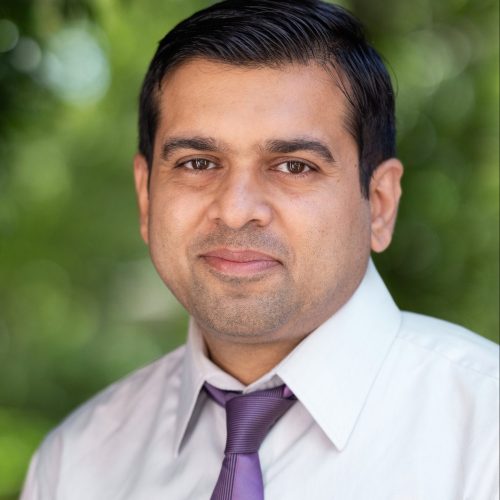
Muhammad Nawaz, Ph.D.
Assistant Professor of EconomicsContact Information
- mnawaz@unca.edu
- 251-6834
- 153 Karpen Hall
Education
Ph.D. Economics, Texas Tech University
MPhil Economics, Pakistan Institute of Development Economics (PIDE), Pakistan
M.Sc. Economics, Quaid-i-Azam University, Pakistan
B.A. Economics, University of the Punjab, Pakistan
Dr. Nawaz is an applied economist focusing on macro finance and household finance. His work concentrates on the impact of credit market imperfections and the application of finance on various macroeconomic components, including business and corporate finance, climate finance, business cycle fluctuations, labor finance, and retirement finance. His work explicitly analyzes the asymmetric information in finance, i.e., adverse selection and moral hazard, as well as banks’ monitoring cost in the credit market and lender behavior when scrutinizing borrowers. He is also interested in the reasons for credit restrictions among unbanked individuals, such as requirements for physical collateral, the credit history and previous bankruptcy of borrowers, and strict lending policies by donor agencies in financing businesses and countries. He prefers to address macro and household finance-related research questions by developing a theoretical background and employing historical data to examine the research questions empirically and using various programming languages. He believes in financial inclusion as a solution to macroeconomic and development issues, environmental problems, and household monetary needs. He cares about macro developments, financial stabilization for transitional economies, and small business creation with the provision of small-scale loan and low-interest rate. He promotes the consideration of social collateral rather than physical collateral, which may improve access to credit for individuals, businesses, and economies.
Before starting in academia, he worked for over two years on a funded project through the International Development Research Center (IDRC) at the Pakistan Institute of Development Economics (PIDE), Pakistan. In addition, he has experience in working on wide-ranging projects financed by various donor agencies, including the South Asian Network of Development and Environmental Economics (SANDEE), the Frankfurt School of Finance & Management, and Higher Education Commission (HEC) Thematic Research Grant, Pakistan. His work on inclusive growth at HEC funded project suggests institutions to initiate financial inclusion-based policies for economic prosperity. He was one of the six selected research track applicants after competing internationally with 54 research economists and won the “Fellowship” on Adaptation Finance, funded by the IDRC, which was managed/organized by the Frankfurt School of Finance & Management and Thailand Development Research Institute (TDRI).
He has taught multiple courses at Texas Tech University at the introductory and the intermediate levels, and he has diverse teaching interests, including the finance, macroeconomics, and microeconomics. He served as a full-time lecturer at the Department of Economics, University of Sargodha, Pakistan, with a teaching focus on macroeconomics analysis, finance, applied economics, and climate change. His rich teaching experience at the international level helps him to mentor students coming from diverse backgrounds and encourage them to self-learn, improve their skills, and enhance their knowledge using the lens of economics and finance. During lectures, he develops interaction with students by using classroom technology to not only help the students learn economics but also improve their ability to apply economic principles to different practical, monetary, and financial problems. In his classroom, he always likes to keep students engaged by using relevant real-world information, case studies, and economic news, relating these examples to the instructional materials. As an instructor, he believes in empowering students professionally and financially by encouraging them to participate in research seminars, paid internships, career development, and networking, particularly guiding them to participate in funded research opportunities.